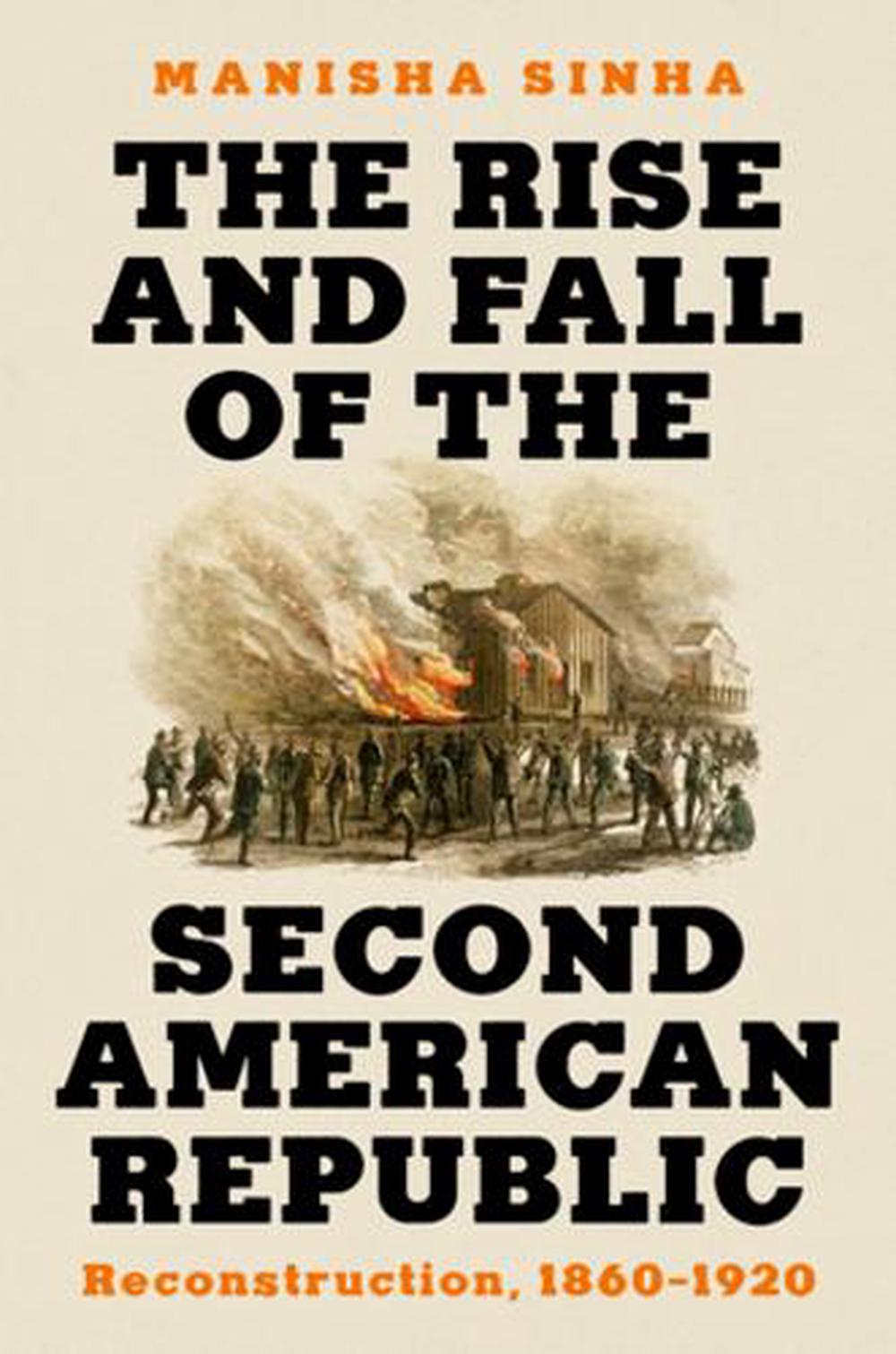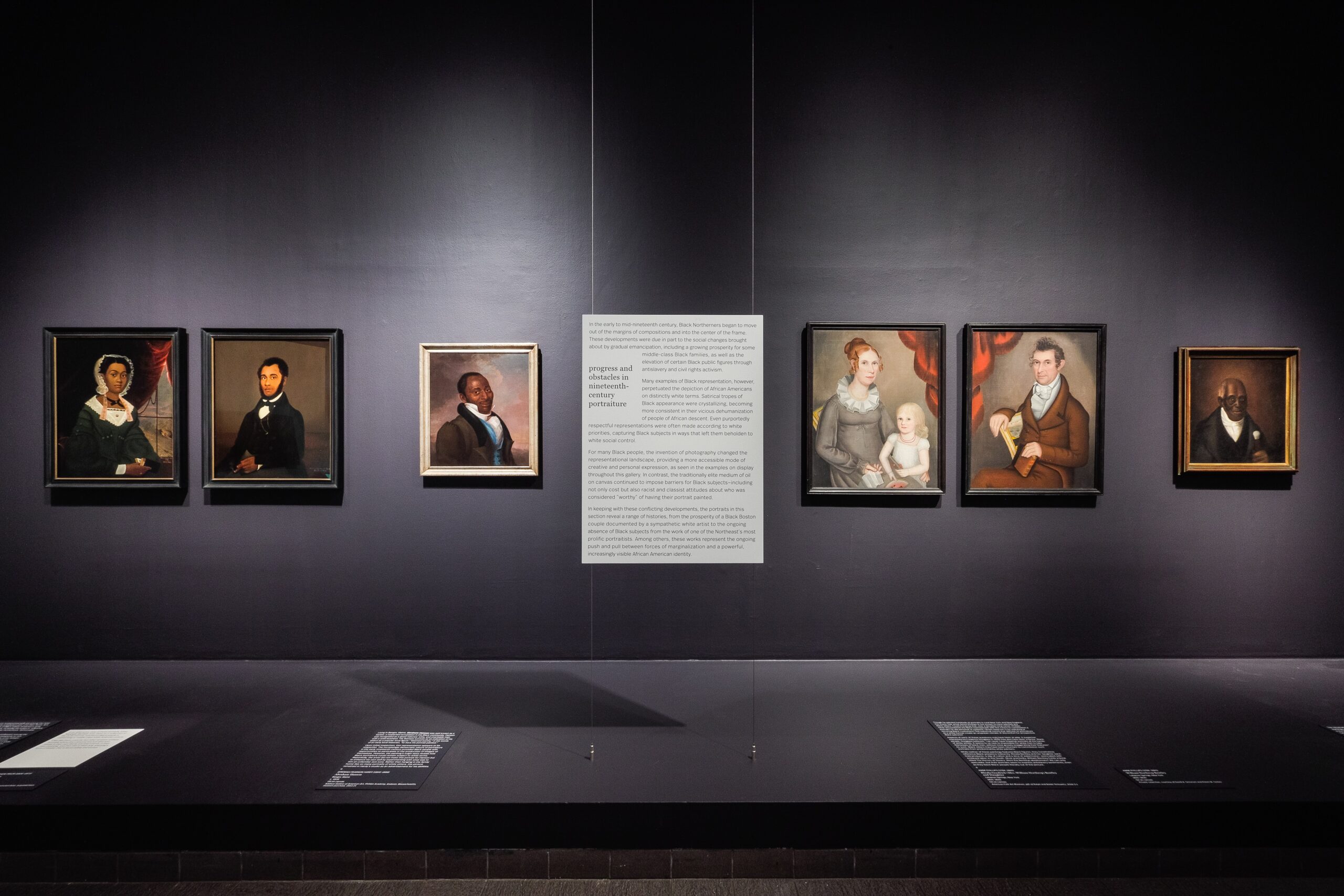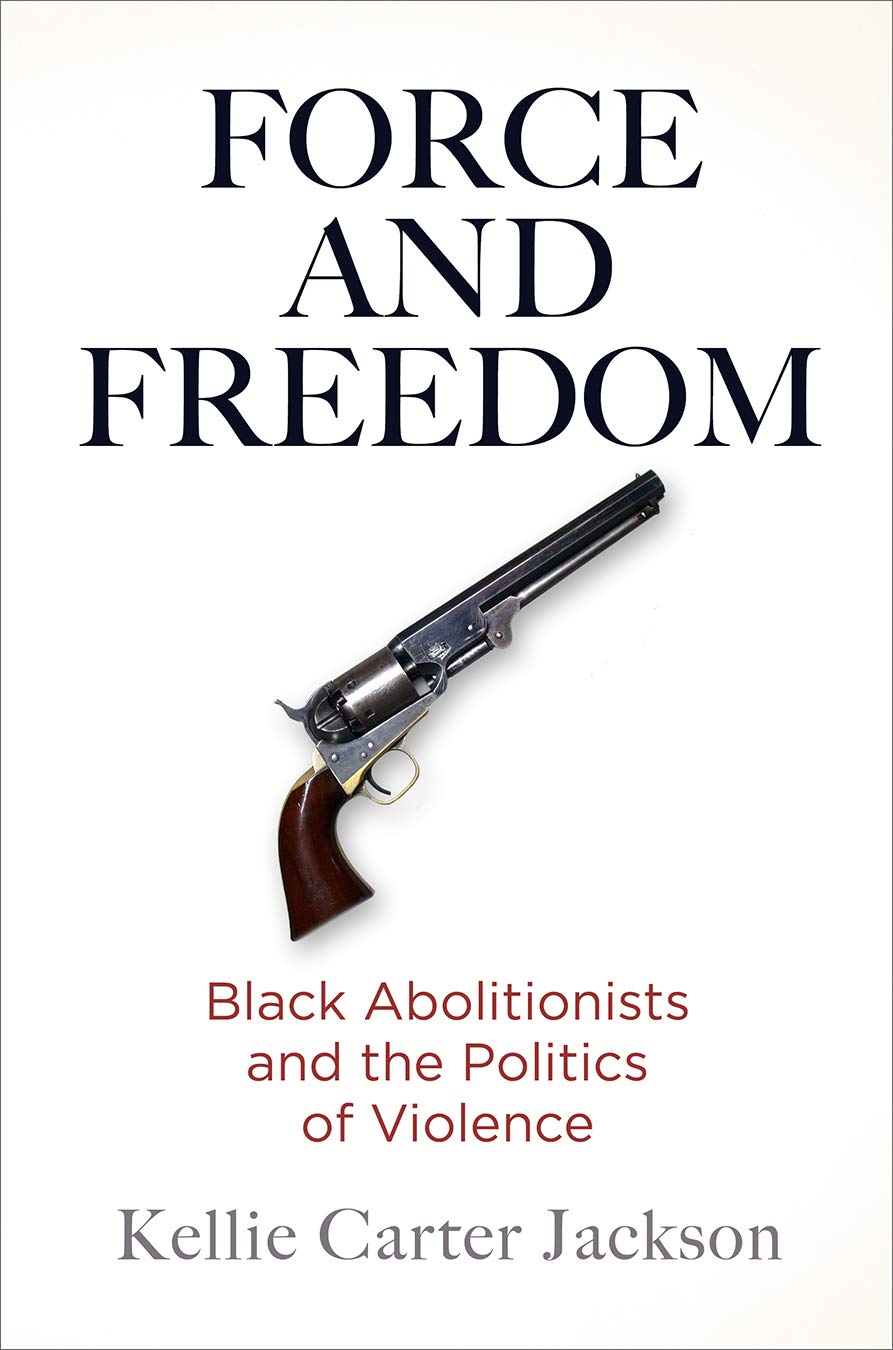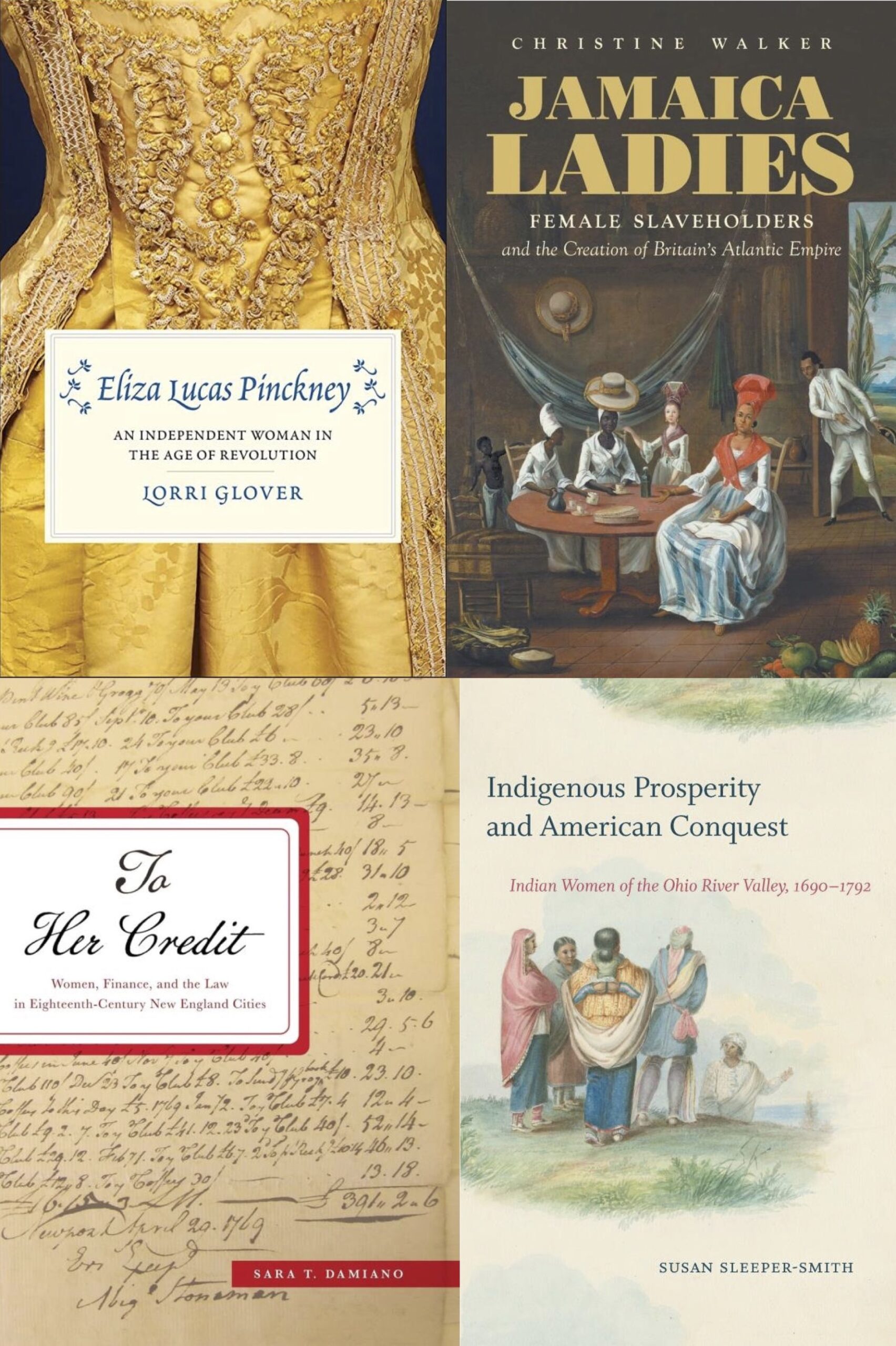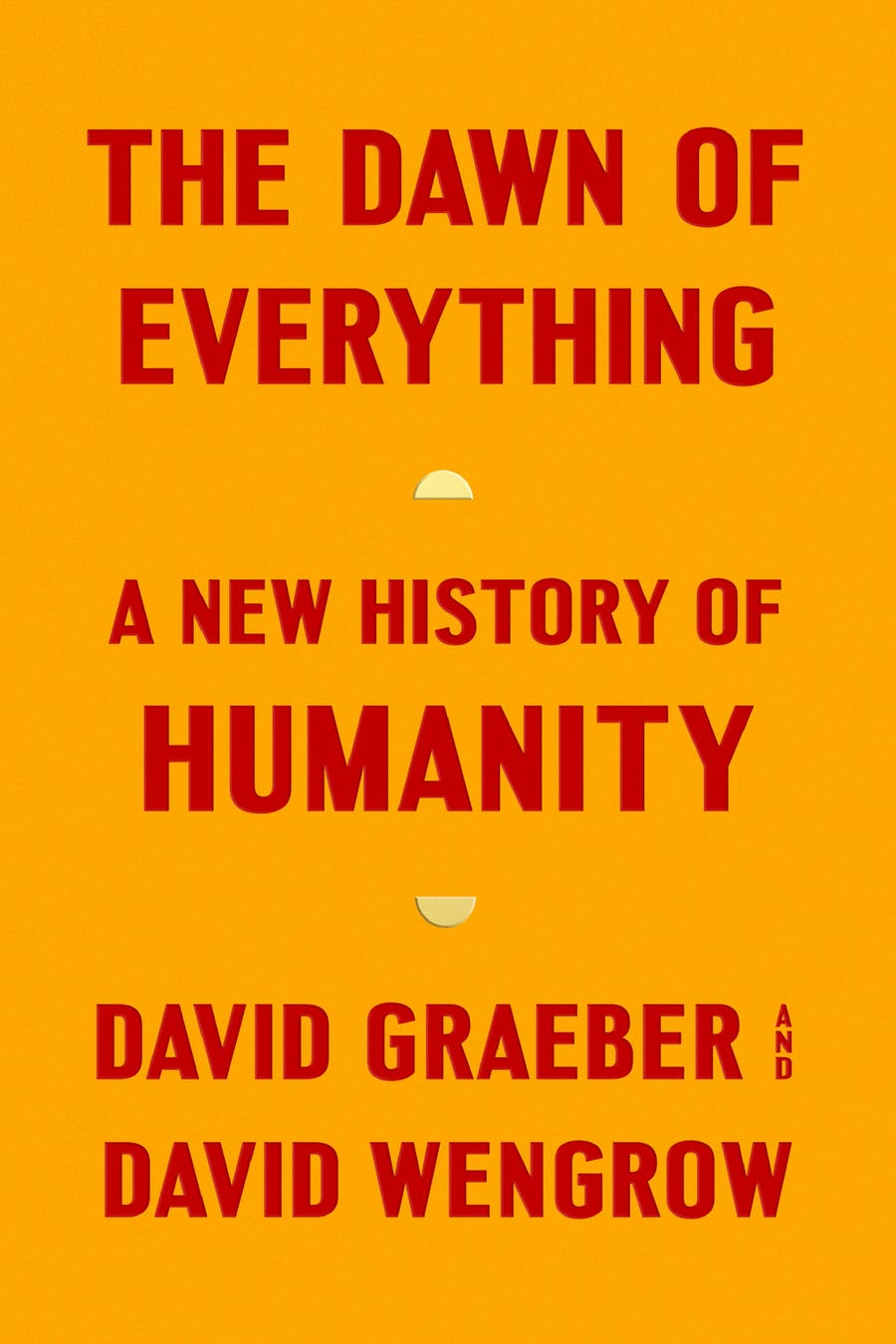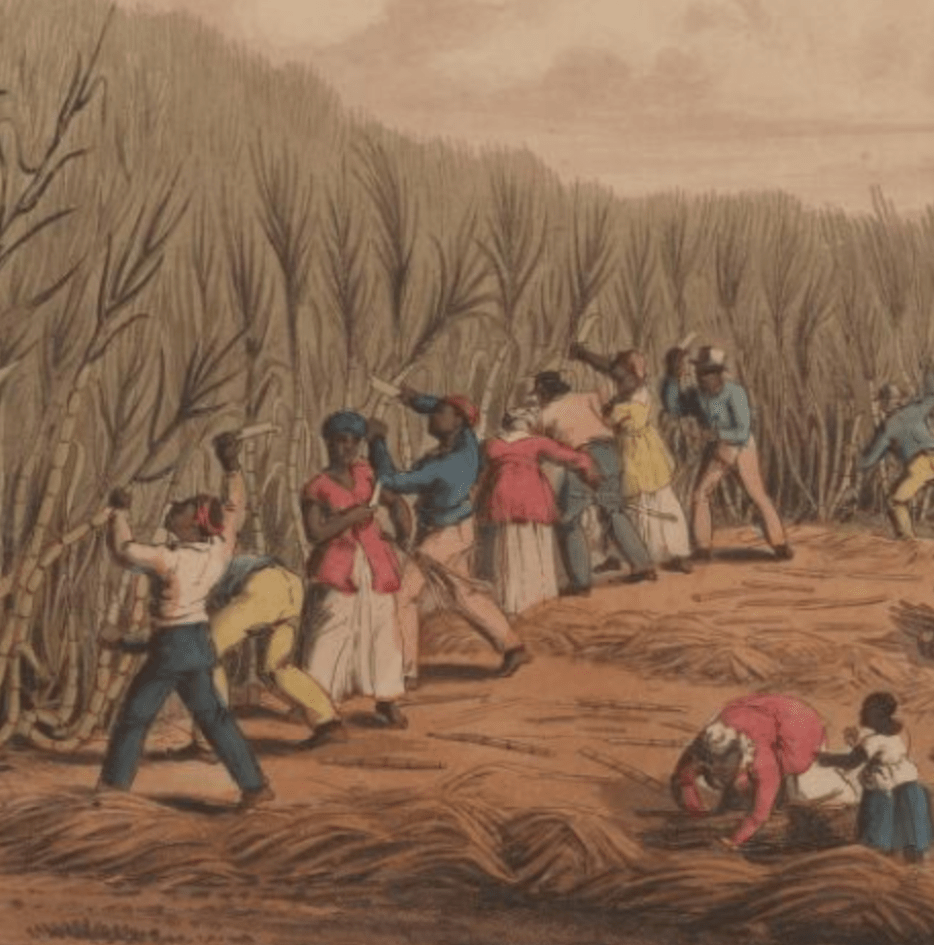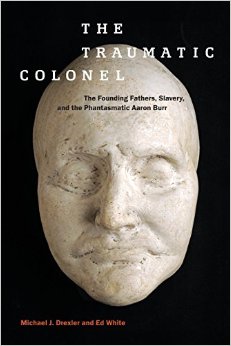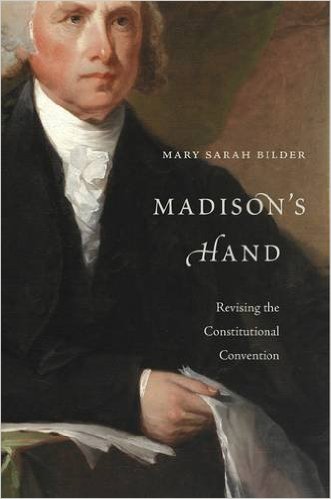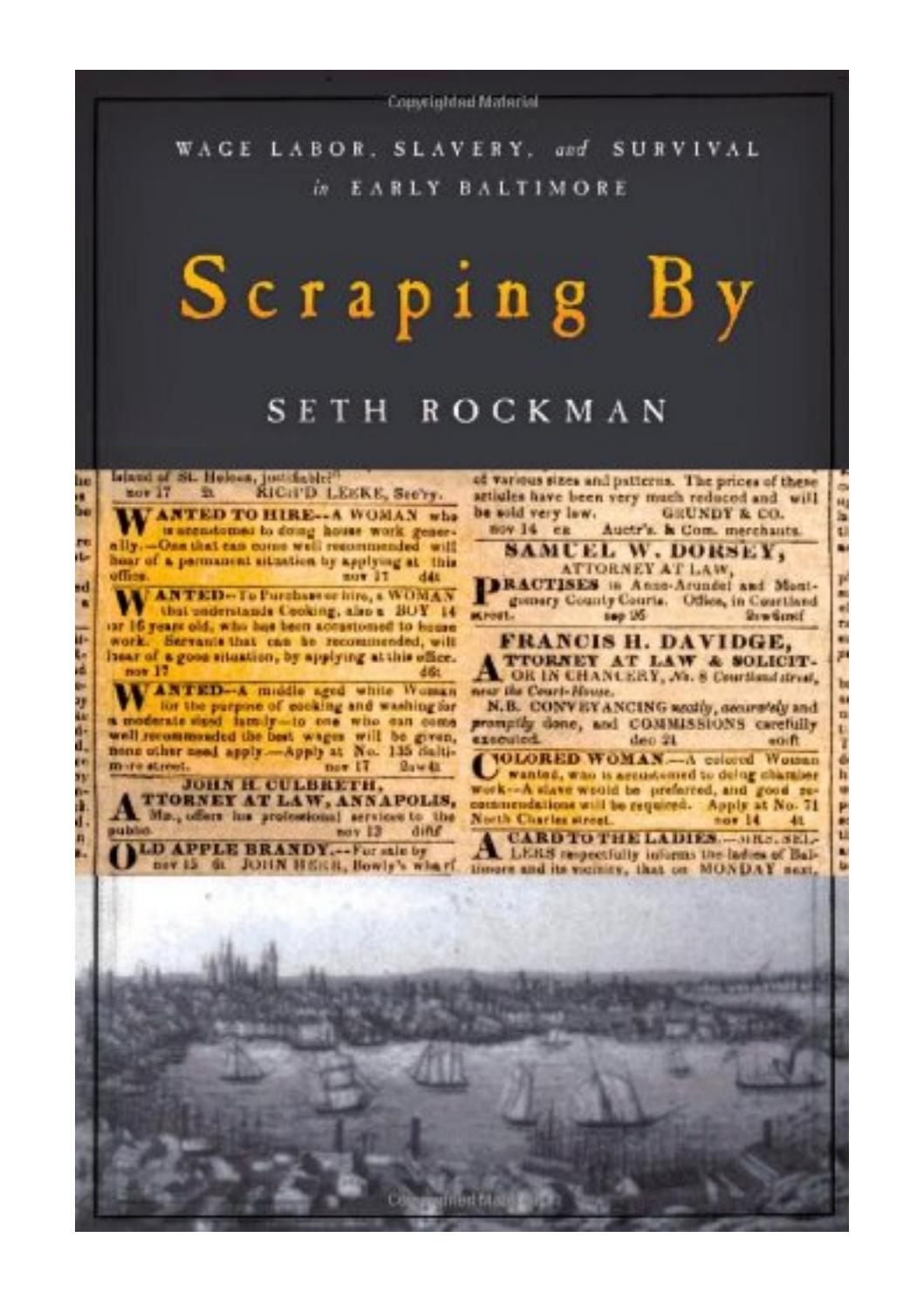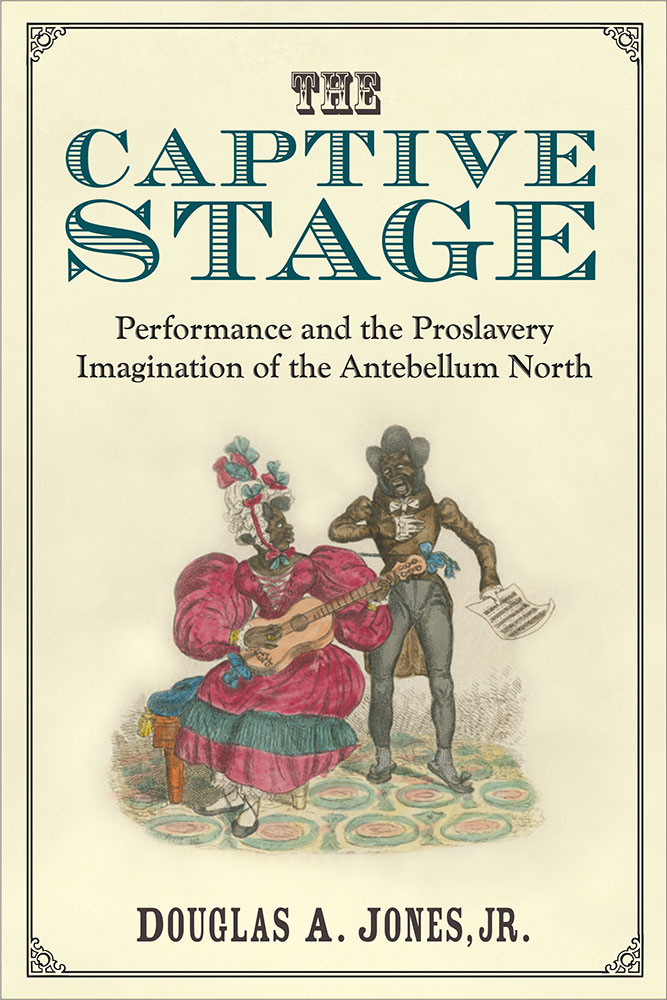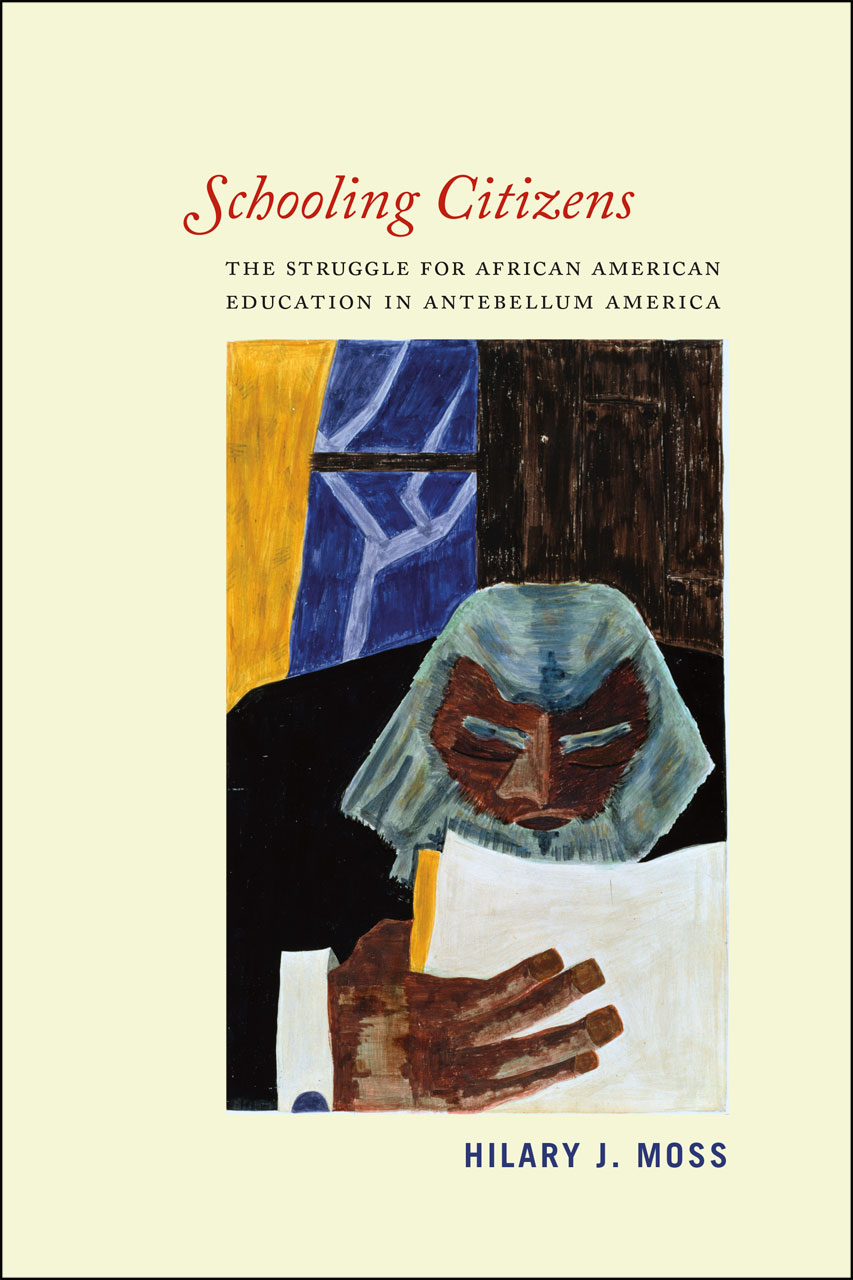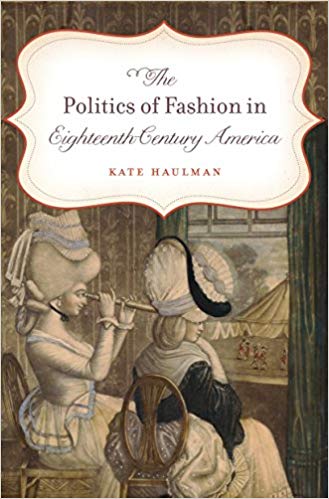The Common-place Web Library reviews and lists online resources and Websites likely to be of interest to our viewers. Each quarterly issue will feature one or more brief site reviews. The library itself will be an ongoing enterprise with regular new additions and amendments. So we encourage you to check it frequently. At the moment, the library is small, but with your help we expect it to grow rapidly.
British Virginia blog: http://wp.vcu.edu/britishvirginia/
British Virginia digital editions: https://digarchive.library.vcu.edu/handle/10156/3585
In 1775, on the eve of the American War of Independence, Patrick Henry delivered his famous “Give Me Liberty or Give Me Death” speech at St. John’s Church in Richmond, Virginia. Henry’s speech, reenacted at St. John’s every Sunday afternoon in the summer months, has long been remembered as a central event in the narrative of Virginia’s role in the founding of a new nation. However, at Virginia Commonwealth University, a scant two and a half miles from St. John’s Church, the British Virginia series seeks to complicate this history by drawing renewed attention to the literary connections which bound Virginia to Great Britain before, during, and even after the transition from colony to state in an independent nation.
Launched this past spring by general editors Joshua Eckhardt and Sarah Hand Meacham, both of Virginia Commonwealth University, British Virginia is an open-access, digital, academic publisher dedicated to documents relating to the colony. As a “born-digital” press, British Virginia is able to publish smaller texts which would not otherwise be issued as traditional, paper-bound scholarly editions. In this respect, the project of British Virginia is similar to initiatives such as Scholarly Editing‘s series of “small-scale” digital editions. In both cases, the editors use digital publication platforms to draw attention to important texts which were heretofore available only in archival collections or on microfilm.
Although British Virginia is a digital resource, it has chosen to follow a traditional textual model in terms of how it presents its editions. Where Scholarly Editing focuses on publishing online editions which provide access to multiple versions and editions of a single text, British Virginia provides its users with free, downloadable scholarly editions of its texts complete with ISBN numbers. While the former, and many current digital humanities publishing projects, is meant to be viewed online, British Virginia‘s editions are intended to be downloaded to the user’s computer and read offline, or even printed—a welcome feature for those of us who compulsively annotate, underline, and highlight our texts as we read.
There are two parts to the British Virginia project. The “front door” of the project, as it were, is the British Virginia blog. Authored by Joshua Eckhardt, the blog is fashioned as a source of information broadly related to the project. So, in addition to the expected information on the series editors and forthcoming publications, the blog contains notices of upcoming conferences (“Place and Preaching, 6-7 September 2013) and contemporary art installations (Xu Bing’s Tobacco Project) related to the series. The project blog also contains a prominent link soliciting proposals for future contributions to the British Virginia series. As this is a young series, it is to be assumed that the project editors are eager to expand their offerings, and the proposal page casts a wide net by encouraging proposals “for scholarly editions related to colonial Virginia.”
As the project just launched, there are still some rough edges to the British Virginia blog. While the “People” link lists the editor and advisors of the series, it provides no information about who these people are, a curious omission in a digital publishing enterprise. Also, while the blog seems to feature some interesting images of colonial Virginia documents (hosted by Flickr), the site lacks an easy way for users to navigate to the images as the link for the photo stream is at the bottom of the page next to the ubiquitous “like” button for Facebook. These tiny glitches seem to be natural hiccups in the launching of any major academic or institutional blog and will, no doubt, be addressed in the weeks to come.
Once past the front door, the home of the documents published in the series is the British Virginia collection in the Virginia Commonwealth University Digital Archive. Here, you can find the initial editions published by British Virginia. As British Virginia launched only this past spring, right now this consists of William Symonds’s 1609 text Virginia, “a sermon preached at White-Chappel in the presence of many, Honorable and Worshipful, the Adventurers and Planters for Virginia.” The Symonds sermon, edited by Joshua Eckhardt, is the first in the British Virginia‘s sub-series “Virginia Company Sermons,” a collection of sermons preached to and printed for the Virginia Company of London during the initial years of the colony.
While I initially thought that there were currently two Symonds sermons in the British Virginia collection, the VCU Digital Archive contains separate entries for two versions of the same sermon: a digital type facsimile and a searchable, photographic facsimile. The type facsimiles, while using a modern type (no long s, greater readability), reproduce original spelling, line breaks, page numbers, signatures, and overall page layout. While the digital type facsimile will meet the needs of the vast majority of the edition’s users, specialists and highly motivated readers can consult the photographic facsimile to verify the accuracy of the type edition (fig 1).
As you can see in figure 1, the type facsimile does an excellent job of reproducing the look and feel of the original sermon, even including the idiosyncratic spacing surrounding punctuation marks in the original text. While both versions are keyword searchable, in practice I think even specialist users will spend most of their time with the type facsimiles due to their greater readability (and, in particular, the heightened contrast provided by black text on a white background).
The use of PDF format as opposed to some sort of embedded viewer may rankle some due to file sizes (the photographic facsimile clocked in at 58 MB) and the limitations of the format (no comparing versions of a text as would be the case with a dynamic web site). But the reliance on PDF documents seems appropriate given that the texts contained in British Virginia are presented as digital editions of these works, and the PDF files here mimic the finiteness of traditional paper editions. Moreover, the choice to present these documents in PDF format eliminates the need to install browser plug-ins and ensures that the editions in British Virginia can be read on a wide variety of platforms including iPads and tablet PCs.
A very welcome feature of the project is the decision to copyright British Virginia editions under a Creative Commons (CC) “Attribution-ShareAlike” license. As opposed to the “all rights reserved” model of traditional copyright, CC licenses are “some rights reserved.” In the case of British Virginia, users are free to republish and even to modify the texts in the series as long as they attribute the source text to British Virginia and license the results under the same CC “Attribution-ShareAlike” license. Moreover, in the introduction, the editors explicitly encourage libraries to catalogue and to download their editions: “[We] simply ask that you help us widen and preserve access to these important sources by re-producing and storing them, whether on hard drives, other discs, or acid-free paper.” This is open-access scholarship at its best and is a model that will hopefully be adopted by more university presses and scholarly journals in the future.
As the documents in British Virginia are at their core scholarly editions, each is prefaced by an editor’s introduction. In the case of the Symonds sermon, both the type and the facsimile editions contain Joshua Eckhardt’s thorough introduction to the British Virginia project as a whole, the “Virginia Company Sermons” sub-series, and the Symonds sermon in particular. This is a traditional scholarly introduction: well-researched, heavily footnoted, and concluding with a technical bibliographic description of the documents consulted in the preparation of the edition.
The British Virginia series represents an ideal venue for re-examining the tangled ties between England and one of its most important colonies. In addition to the Virginia Company sermons, forthcoming editions will include the letters of Elizabeth Jacqueline Ambler (1765-1847), edited by Sarah Hand Meacham, and a collection of Virginia slave narratives, edited by Katherine Clay Bassard. That this series of well-edited, scholarly editions is licensed under a Creative Commons license and made freely available to any and all users will serve, we can hope, as a model to future digital presses. British Virginia promises to be a useful resource for researchers and students of Virginia, colonial history, and transatlantic relations during the seventeenth, eighteenth, and nineteenth centuries.






